Three boos for those rotten spoilsports who started an online petition against Phil Collins coming out of retirement (there’s already enough suffering in the world, they said). Fools. Don’t they realise pop music is supposed to be naff? It’s the soundtrack to our tawdry lives. How could it be anything but schmaltzy? Don’t they know there’s nothing quite so uncool as a bloke with really cool taste in music? Like a large penis, a large record collection is something that only impresses other men.
Phil Collins fulfils all the basic job requirements of a middle-aged, middle-of-the-road rock star. He writes undemanding songs about falling in and out of love. He can carry a tune. He can bash out a few chords on the piano. Unlike most pop stars, he doesn’t take himself too seriously, so why is he so derided? I reckon it’s because his best songs are about male heartbreak, and heartbreak is something no man likes admitting to. A tearful girl is a romantic heroine. A tearful man is a drunken loser.
Like millions of menopausal saddoes, my heart was broken to the strains of Phil’s first solo album, Face Value. This supremely soppy LP went quintuple platinum in the UK and sold millions more in the US, yet I’ve never seen a copy of it in any record collection other than my own. What happened to all those records? Where is everybody hiding them? The other day, I spotted a CD of his Greatest Hits in my local charity shop. I was too embarrassed to buy it (it felt like buying a porn mag) but when I went back the next day, it had already gone.
The reason Phil sells so many records (I feel we’re now on first name terms) is that his suburban ballads are really rather good. They don’t ask too much of us. They’re like Pizza Express or Pret a Manger. And while most of them are fairly forgettable, the odd number is a masterpiece: ‘If Leaving Me Is Easy’; ‘Against All Odds’; ‘Don’t Let Him Steal Your Heart Away’… Admit it: if these songs were by Lou Reed, you’d love them (or admit to loving them).
Funnily enough, black people aren’t nearly so hung up about Phil Collins as white folk. ‘Easy Lover’, Phil’s collaboration with the African American soul singer Philip Bailey, went to number one in the UK and number two in the US (it was kept off the top by Foreigner’s ‘I Want To Know What Love Is’ — now THERE’S an act to be embarrassed about). Not long ago, I was driving home with a black friend of mine who works as a bouncer when ‘In The Air Tonight’ came on the radio. I thought he’d change the station. He asked me to turn it up.
Even Phil’s fiercest detractors admit he’s a bloody good drummer, and unlike almost every other pop star he can actually act a bit. (Trivia question: what do Phil Collins and Robbie Williams have in common? They’ve both played the Artful Dodger.) Back in the last millennium I blagged a trip to LA to interview Phil for the BBC about his title role in the Great Train Robbers movie Buster opposite Julie Walters (it’s a fairly awful film, but Collins, like Walters, was superb). Interviewing someone doesn’t really count as meeting them, let alone getting to know them, but you can still tell a lot about them by the way they behave. Phil wasn’t remotely starry. He was down-to-earth and matter-of-fact — rather like his music. Like microwaved meals and shopping centres, there is a place for this sort of stuff in the pantheon of British culture, and anyone who says there isn’t is an awful snob and a crashing bore.
Got something to add? Join the discussion and comment below.
Get 10 issues for just $10
Subscribe to The Spectator Australia today for the next 10 magazine issues, plus full online access, for just $10.

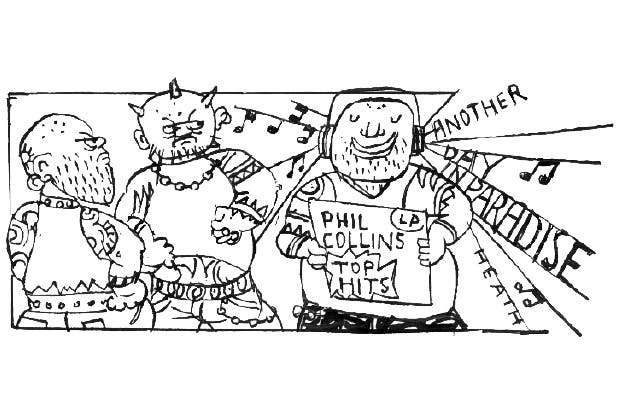
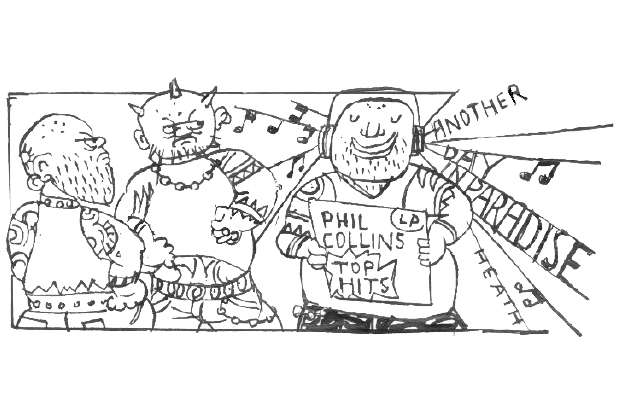
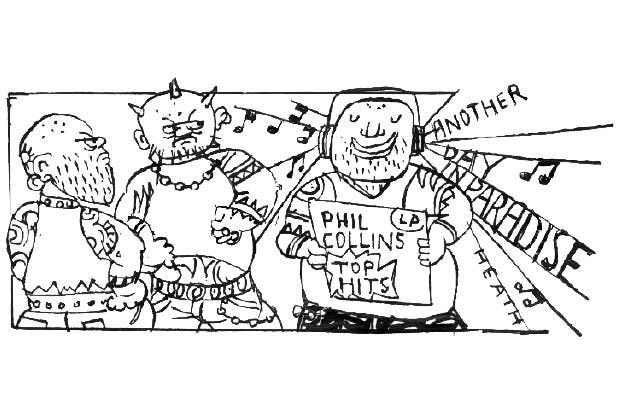
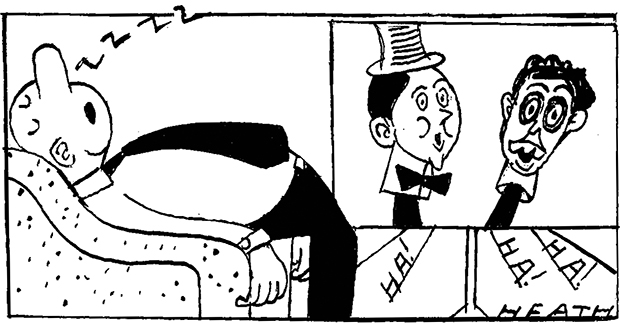
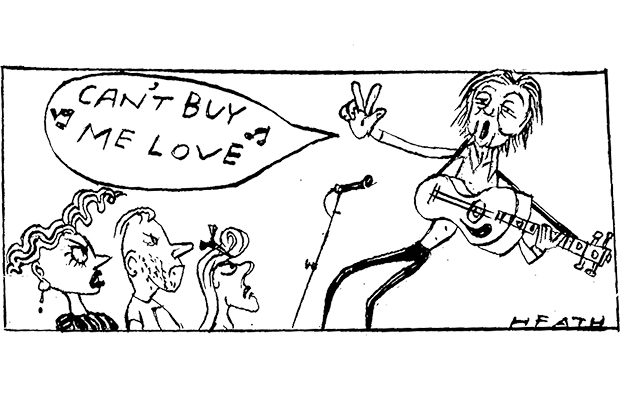
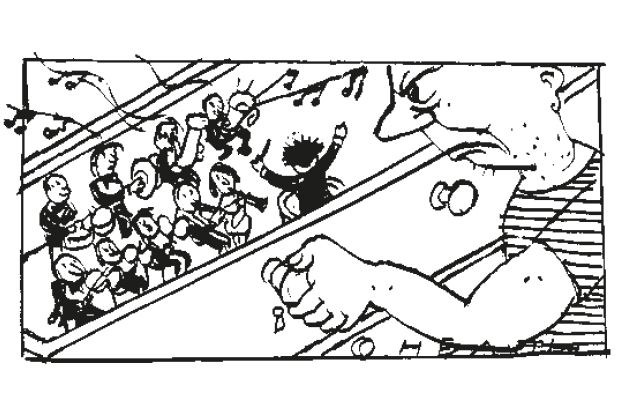
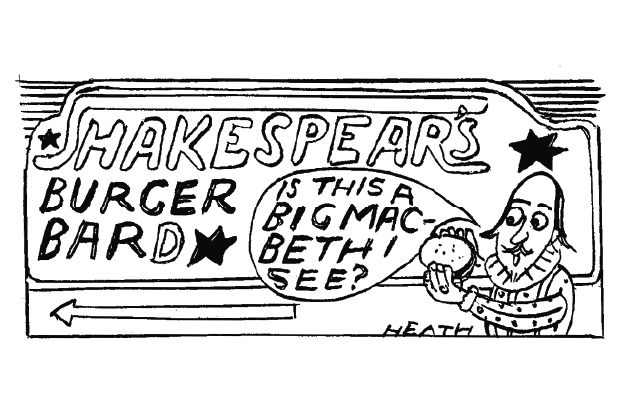






Comments
Don't miss out
Join the conversation with other Spectator Australia readers. Subscribe to leave a comment.
SUBSCRIBEAlready a subscriber? Log in